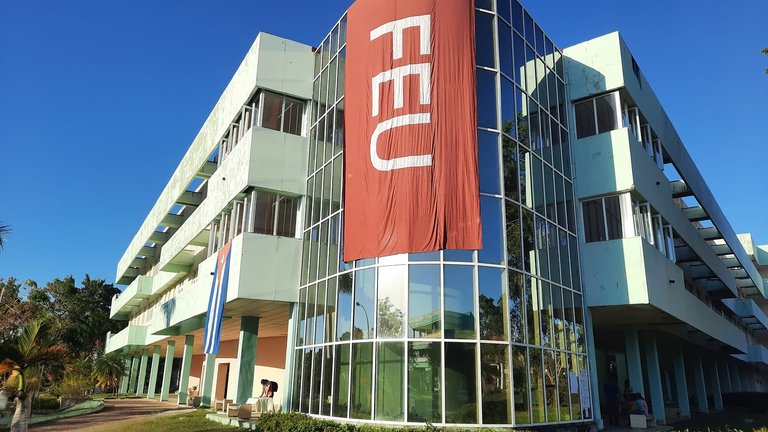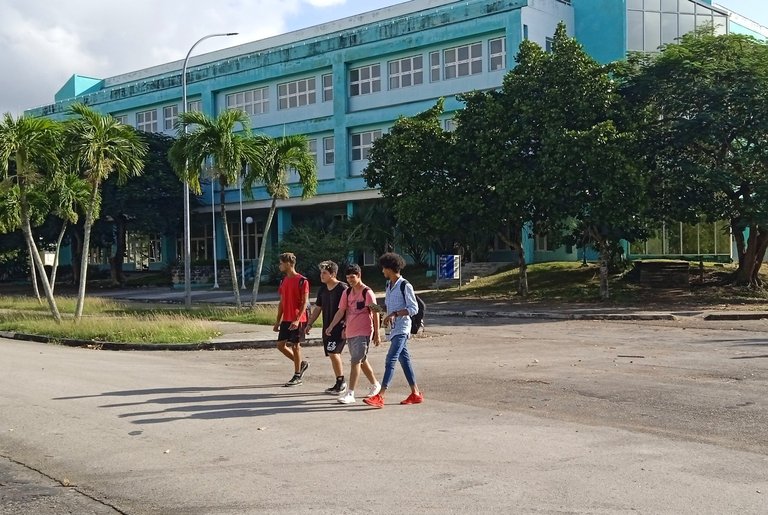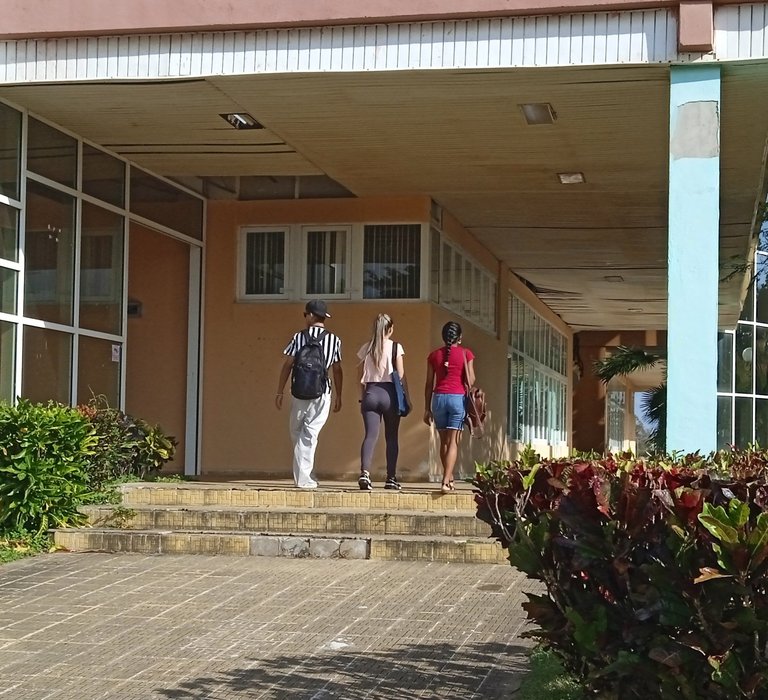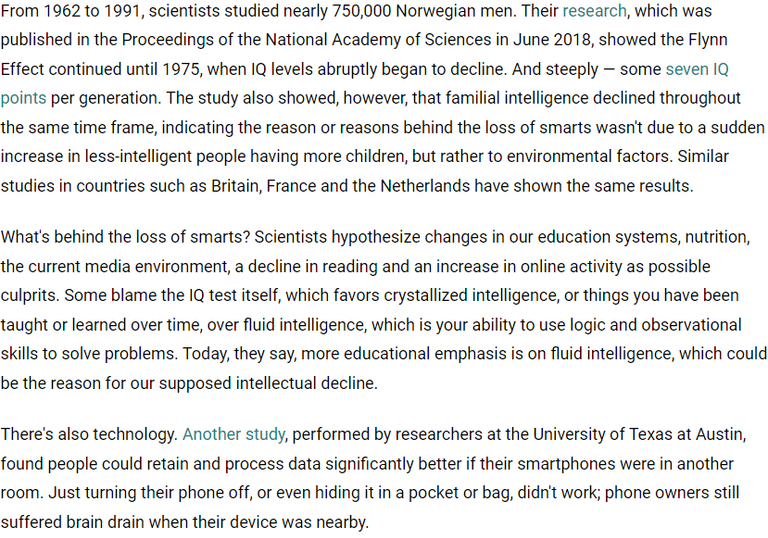
I address today the economic dimension of education from a Cuban perspective. I do it motivated by some contradictions surrounding the educational process here, in which I participate as course coordinator of a university teaching department. It seems important to me because although in Latin American countries such as Chile or Argentina, there is an interesting and unresolved debate—with philosophical and ideological ingredients—on the economic model that should serve as a basis for education, the Cuban experience tends not to be considered.
Should education be an exclusive function of the State or should private actors be allowed to participate? Should education be free of charge—in general terms, even if certain costs are passed on to the student—or can the service be openly profited from? If education is opened up to the profit motive of certain providers, then we come to see it as an investment. I think that education should be a free service even in the case of graduate education, but I am open to the existence of a mixture of public and private sources of financing and forms of management.
For example, private capital can feed a fund to “produce” the professionals that the economy will demand according to rational growth estimates. Resources could be channeled to both private and public entities. My point about free education is that I understand that it should be talent and not money that discriminates access to education. So, I am in favor of a transparent competitive system to which everyone interested can apply, even if it is not entirely fair because the conditions that place certain students ahead of the rest—in terms of knowledge or school performance—often imply heavy socio-historical handicaps. For this reason, the system must be scrutinized—and corrected—where vulnerable sectors see their (disadvantageous) starting conditions reproduced and their social mobility cut short.
The Cuban case
On the Island, according to the Constitution,
Education is a right of all persons and a responsibility of the State, which guarantees free, affordable, and quality education services for comprehensive training, from early childhood to postgraduate university education. The State, to make this right effective, establishes a broad system of educational institutions in all types and levels of education, which provides the possibility of studying at any stage of life according to aptitudes, social demands, and the needs of the economic and social development of the country.
I am a graduate in Computer Science Engineering with a Master's degree in Sociopolitical Studies. I am currently pursuing a PhD in STS studies. Never did my parents have to put a single coin from their slim pockets to pay for my studies from the time I started pre-school through college. This includes textbooks, basic food, a hostel or dorm, transportation, or extracurricular activities. Parents supplement expenses for food and transportation, but these are outside the basic administrative circuit of educational institutions.
 I studied Computer Science (2006-2011) in this building (source of the image).
I studied Computer Science (2006-2011) in this building (source of the image).I don't know what my readers think, but it seems to me a dynamic worth sustaining, albeit applying a different rationale. I will focus on the current state of higher education here, starting from how this level is being accessed. After the disruptions in the teaching process generated by the Covid-19 pandemic, the Cuban government understood that it had to lower (further) the access requirements, eliminating—at least temporarily—the requirement to pass entrance exams in the subjects Mathematics, Cuban history, and Spanish-Literature.
Thus, right now at the university where I teach, there is the nonsense of having students linked to technical careers such as Cybersecurity or Bioinformatics who did not show sufficient knowledge in Mathematics. In practice, just by taking the entrance exams they are guaranteed a university career, which reflects the overprotective/paternalistic nature not only of the educational system but of the political system in general (the underlying idea is that it is preferable to have young in universities rather than on the streets, exposed to risks and negative or criminal developments).
 Students in my university as they go to class (source).
Students in my university as they go to class (source).Let us return to the article governing the right to education in the Cuban constitution. “*The State, to make this right effective, establishes a broad system of educational institutions in all types and levels of education, which provides the possibility of studying at any stage of life according to aptitudes, social demands, and the needs of the economic-social development of the country.” The truth is that in an economic context dominated by overflowing inflation and without foreign currency, the State cannot burden itself with underperforming students. There are some guidelines in the Milei-inspired adjustment policy advanced in Argentina that we can study and apply openly, as Cuba also needs to adjust its fiscal balance so that every expense has its source of financing (state or private, national or foreign in the latter case).
But it is not only a matter of having on the floor the barrier to jump to access the university, but once there, it is very difficult for us teachers to get rid of those students repeating years and subjects over and over again. Last Tuesday we, the professors who teach in the third year of the so-called Faculty of Interactive Technologies—attached to the University of Computer Sciences—, met together. When some were sharing the cases of students who either have problems with evaluation or class attendance, a professor told us that they have been in the same situation for a long time. There was even one student who told the professor coordinating the year that he did not attend classes because he works as a freelancer. In other words, the State offers studies, residence, food, electricity, and water at no cost for a representative number of students who are not committed to their training process.
The essential contradiction is that we are talking about a career whose graduates are among the best-paid in the world. A career that many abroad want to study and cannot because of the quasi-eternal stress of student debt and other socio-economic factors. I have friends placed in very high-ranked positions in demanding labor markets such as the United States and Germany, not to mention those based in countries in the region such as Uruguay or Chile. However, many of our students here are blithely squandering the opportunity they have, and, without much faith in their potential as computer scientists, are engaged in reselling food, clothing, and other items, in a picture that I find depressing but which has been heating up for perhaps ten years now. Hopefully, we can stop it in time for the good of the country, which is bleeding day by day in terms of human capital. A new economic rationality will have to accompany this effort, opening spaces for better student approaches to the teaching process.
 Source
SourceAnd this is all for our report today. I have referenced the sources dynamically in the text, and remember you can learn how and where to follow the LATAM trail news by reading my work here. Have a nice day.


